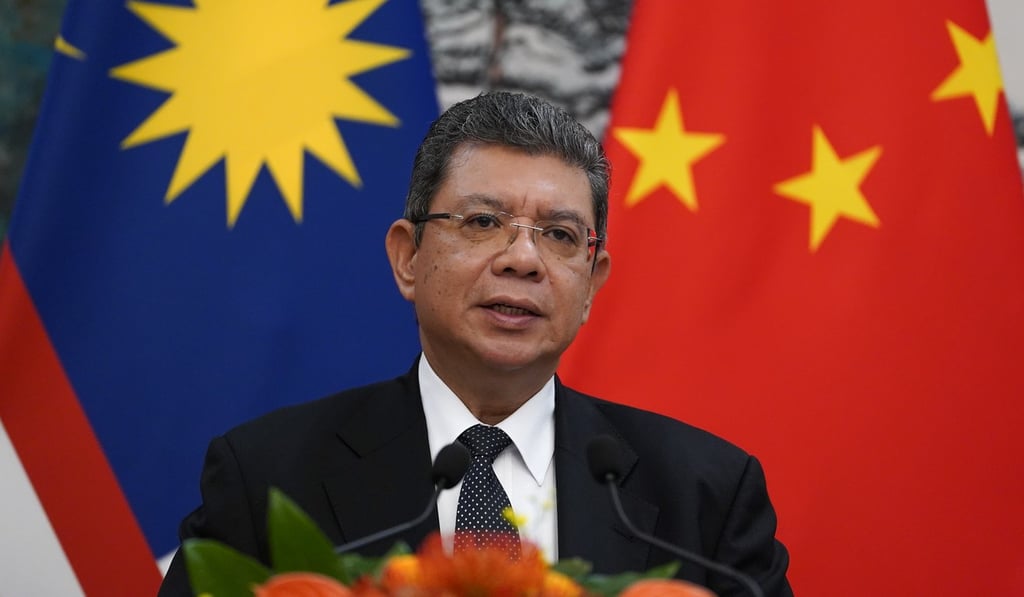Advertisement
Asean members up the ante on South China Sea amid code of conduct talks
- Southeast Asian nations may also be seeking to coordinate their efforts as deadline for agreement with Beijing approaches in 2021
- Malaysian foreign minister on Friday called China’s extensive claims to disputed waterway ‘ridiculous’
Reading Time:4 minutes
Why you can trust SCMP

Southeast Asian nations with claims to the resource-rich South China Sea are upping the ante and may be trying to coordinate their efforts as the deadline approaches for a code of conduct, according to observers.
In the latest move, Malaysia took a stronger stand when Foreign Minister Saifuddin Abdullah called China’s “nine-dash line” claim over most of the contested waterway “ridiculous”.
“For China to claim that the whole of South China Sea belongs to China, I think that is ridiculous,” Saifuddin said in Kuala Lumpur on December 20.
Advertisement
Defending Malaysia’s new submission to the United Nations earlier this month, Saifuddin said: “It is a claim that we have made, and we will defend our claim. But of course, having said that, anyone can challenge and dispute, which is not something unusual.”
The claim to the UN Commission on the Limits of the Continental Shelf on December 12 seeks to establish the outer limits of Malaysia’s continental shelf beyond the 200 nautical mile limit. Beijing responded by accusing Kuala Lumpur of infringing on its sovereignty and violating international rules, and urged the UN not to review the submission.
Advertisement

Advertisement
Select Voice
Choose your listening speed
Get through articles 2x faster
1.25x
250 WPM
Slow
Average
Fast
1.25x